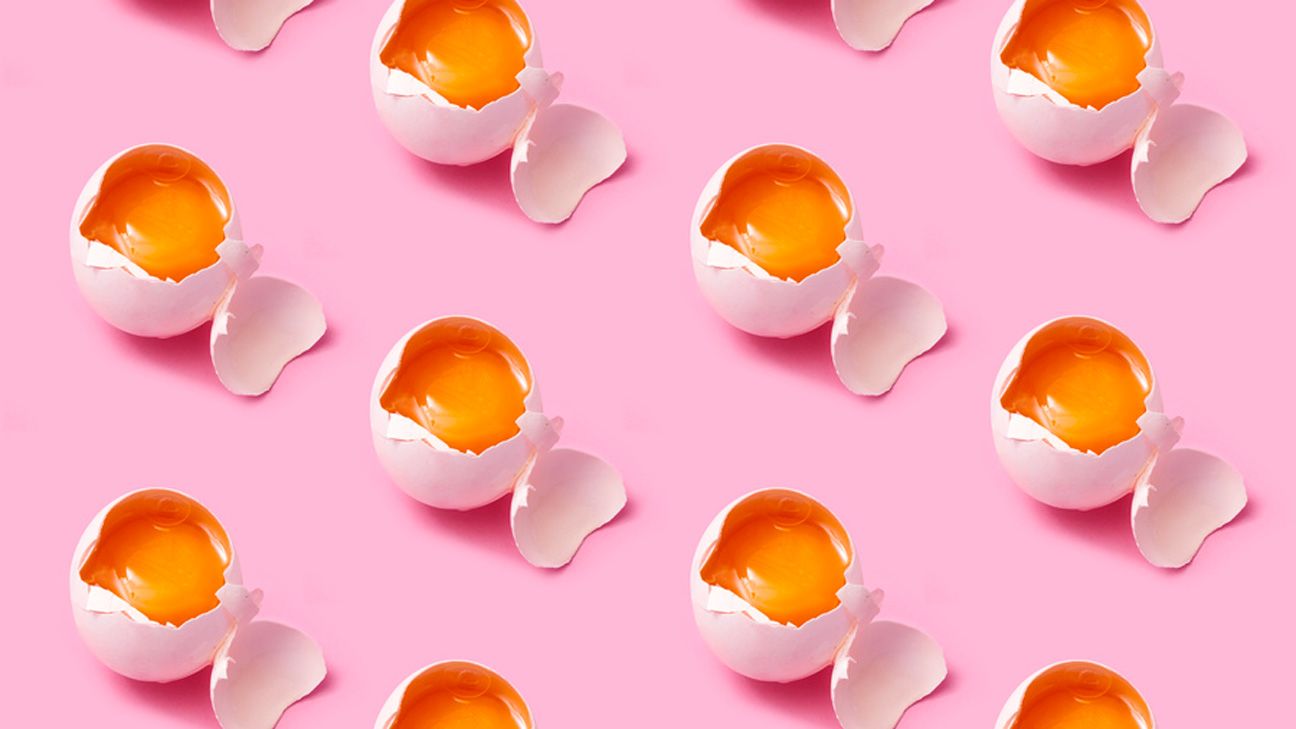When just getting dressed, squatting down to the toilet, or picking up your bag feels worse than the workout itself, you’re probably dealing with delayed onset muscle soreness (DOMS).
Working out causes little micro-tears in your muscles, and the process of those fibers rebuilding provides muscle strength and mass (i.e., those big gains).
Soreness is part of the muscle-building process, but by complementing your workout with the right diet, you can minimize the pain and get moving again the next day. Here are the best and worst foods to help your aching muscles.
Tart cherries
Research on professional athletes has shown that tart cherry juice can help improve recovery time,
Throw a little into your post-workout smoothie or enjoy a small glass as a pre-workout snack.
Cottage cheese
With about 23 grams of mighty protein per cup, cottage cheese is the go-to post-workout snack in the fitness community for a reason. It’s one of the best sources of casein protein, the slow-digesting fuel that is fantastic for rejuvenating sore muscles as you sleep.
One study found that when athletes worked out in the evening and were given casein protein shortly before bed, they saw a spike in muscle synthesis compared to a placebo.
Plus, cottage cheese contain an abundance of the unique branched-chain amino acid leucine, which has been specifically found to speed recovery from pain.
Enjoy it as a parfait with fruit and nuts, purée it into smoothies, or use it as a protein-rich base for pancakes or baked goods.
Baking spices
While we’re not giving you the green light to eat a box of Cinnabons or gingerbread cookies post-workout, a sprinkle of spice may help those muscles calm down.
In a 2013 study, trained women who were given cinnamon or ginger described having significantly less muscle soreness after working out than those in the placebo group.
Ceylon cinnamon in particular has lots of potential health benefits as a pantry staple. Add a generous sprinkle to your morning oats, latte, toast, or sweet potatoes for a calorie-free flavor boost.
Turmeric
Early research
Add a helping of curcumin-loaded turmeric to oatmeal, eggs, smoothies, coffee, or baked goods to get the effect (and healthier skin too.).
Coffee
Good news for coffee lovers: Research suggests that a moderate dose of caffeine (about a cup or two or coffee) about an hour before working out can significantly reduce pain afterward.
Here are some tips for making best cup o’ joe ever.
Salmon
Loaded with anti-inflammatory omega-3 fats, antioxidants, and muscle-building protein, salmon is a close-to-perfect post-workout food.
Research has linked nutrients in salmon to increased muscle protein synthesis, the process that repairs and grows muscles.
Throw a can on a green salad, grill up some fillets, or mix salmon with potatoes for salmon cakes.
Watermelon
There’s nothing quite as satisfying as biting into a cold, juicy piece of watermelon after a serious sweat session. But research on watermelon’s key amino acid, l-citrulline, suggests it might also soothe those sore muscles.
One study found that giving athletes watermelon juice — which contains the rind, the highest source of l-citrulline — after a workout helped reduce recovery heart rate and muscle soreness after 24 hours.
The natural sugars will also help drive protein into your muscles and replenish low glycogen stores, and the high water content is essential in preventing muscle-cramping dehydration.
Throw a little watermelon into your smoothie (include some of the rind for a boost of l-citrulline!
Eggs
Protein is the essential building block of muscles, so it’s not surprising that research has found that consuming a protein source, like eggs, after an intensive endurance exercise may help reduce the risk of DOMS.
Like cottage cheese, eggs are a source of leucine, which is linked to muscle recovery.
Bananas
Bananas are an easy-to-digest source of complex carbs that can help spike your insulin just enough to drive protein into your muscle and stimulate muscle rebuilding and growth.
They’re also a great source of the electrolyte potassium, which research suggests may help reduce muscle soreness post-gym.
Now that we’ve got the good stuff down, let’s review what we should probably avoid. Neither of these will likely be a surprise.
Sugar
Since muscle pain is considered a form of inflammation, it makes sense to cut back on inflammatory foods on days you work out — most notably refined carbs like sugar.
A 2017 study of more than 12,000 people found that those who consumed more added sugar (such as sugar found in soda or used in coffee or tea) had higher levels of inflammatory markers than people who consumed less sugar.
The good news is that natural forms of sugar in foods like fruits, milk, whole grains, and veggies don’t have the same effect.
Alcohol
For obvious reasons, it might not be a great idea to plan a workout after too many tequila shots — but even a little booze can cause post-workout pain or up your risk of injury.
Alcohol dehydrates your cells, resulting in soreness, cramps, and potential strains. Research has also shown that it can interfere with blood flow and muscle recovery from injuries.
If you’re busy building lean muscle and getting those gains, don’t forget to stock up on whole foods with the right nutrition to fuel your body and soothe aching muscles. Fruits, veggies, and proteins are solid choices for pre- and post-workout noshing.


